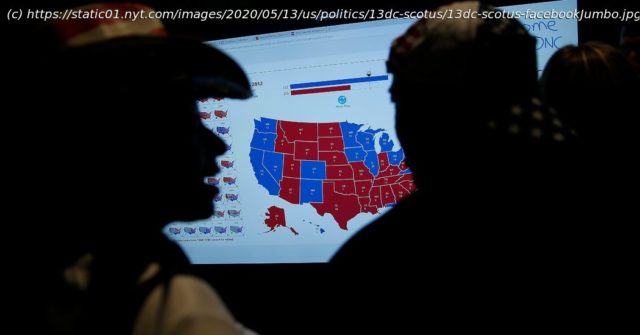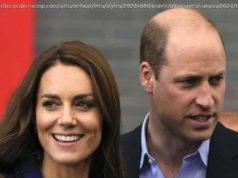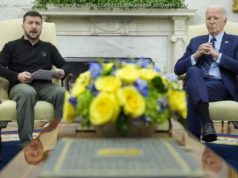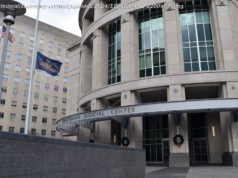Fearing chaos, several justices said states may require members of the Electoral College to vote for the presidential candidates they had promised to support.
The Supreme Court seemed ready on Wednesday to allow states to require members of the Electoral College to cast their votes for the presidential candidates they had pledged to support.
In two arguments concerning “faithless electors” from the states of Washington and Colorado, several of the justices focused on the practical consequences of their ruling or, as Justice Brett M. Kavanaugh put it, “the avoid-chaos principle of judging.”
“If it’s a close call or a tiebreaker,” he said, “we should not facilitate or create chaos.”
The arguments explored the original understanding of the framers of the Constitution, historical practice and contemporary expectations. Most of the justices seemed to conclude that there was no clear answer and that states should have leeway to vindicate voters’ expectations that electors will vote for the presidential candidates who won at the polls.
“In most states,” Justice Samuel A. Alito Jr. said, “the electors are not even listed on the ballots.”
Many states have laws requiring electors to pledge that they will support the winner of the state’s popular vote, but electors occasionally go rogue.
On election night in 2016, for instance, the electoral vote was expected to be 306 for Donald J. Trump and 232 for Hillary Clinton. In the end, though, it was 304 to 227.
Seven electors succeeded in voting for other candidates. In Washington State, three Democratic electors cast their electoral votes for Colin L. Powell, and a fourth Democratic elector voted for Faith Spotted Eagle, a Native American tribal leader and prominent opponent of the Keystone XL pipeline. A Democratic elector in Hawaii voted for Senator Bernie Sanders of Vermont. Republican electors in Texas voted for John Kasich, then the governor of Ohio, and Ron Paul, a former representative of Texas.
Three more Democratic electors — in Colorado, Maine and Minnesota — tried to vote for candidates other than Mrs.






